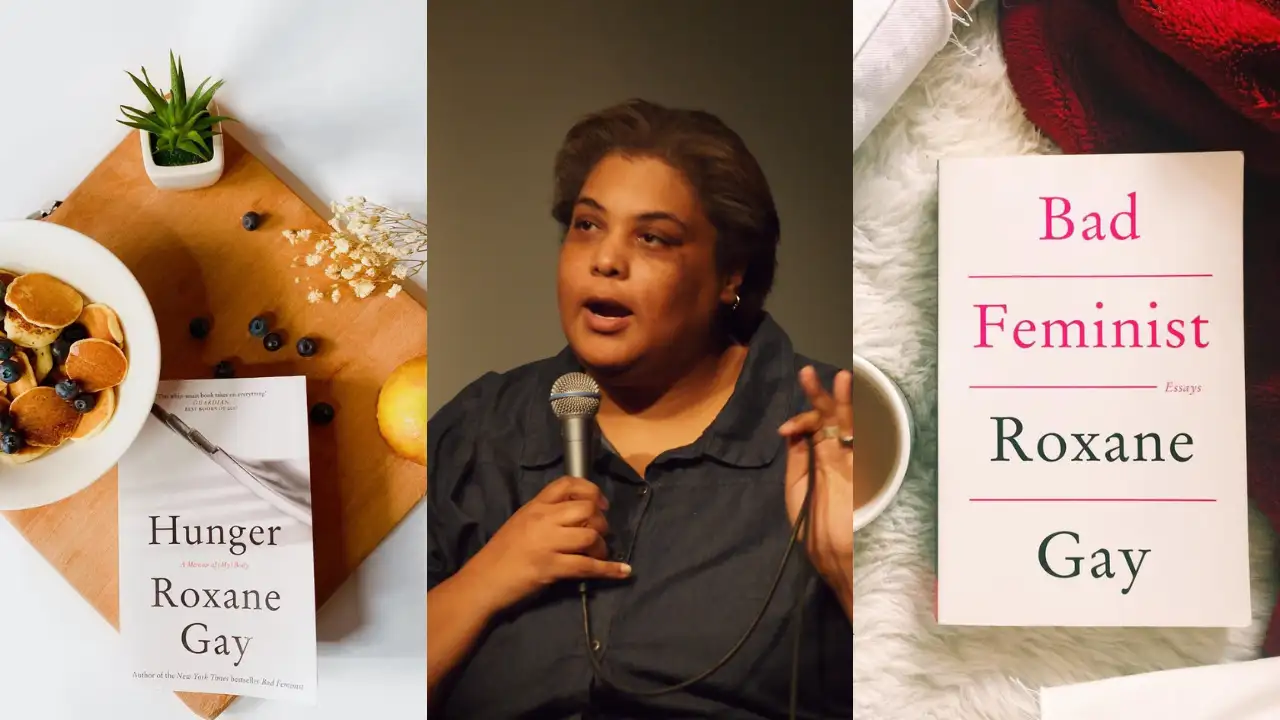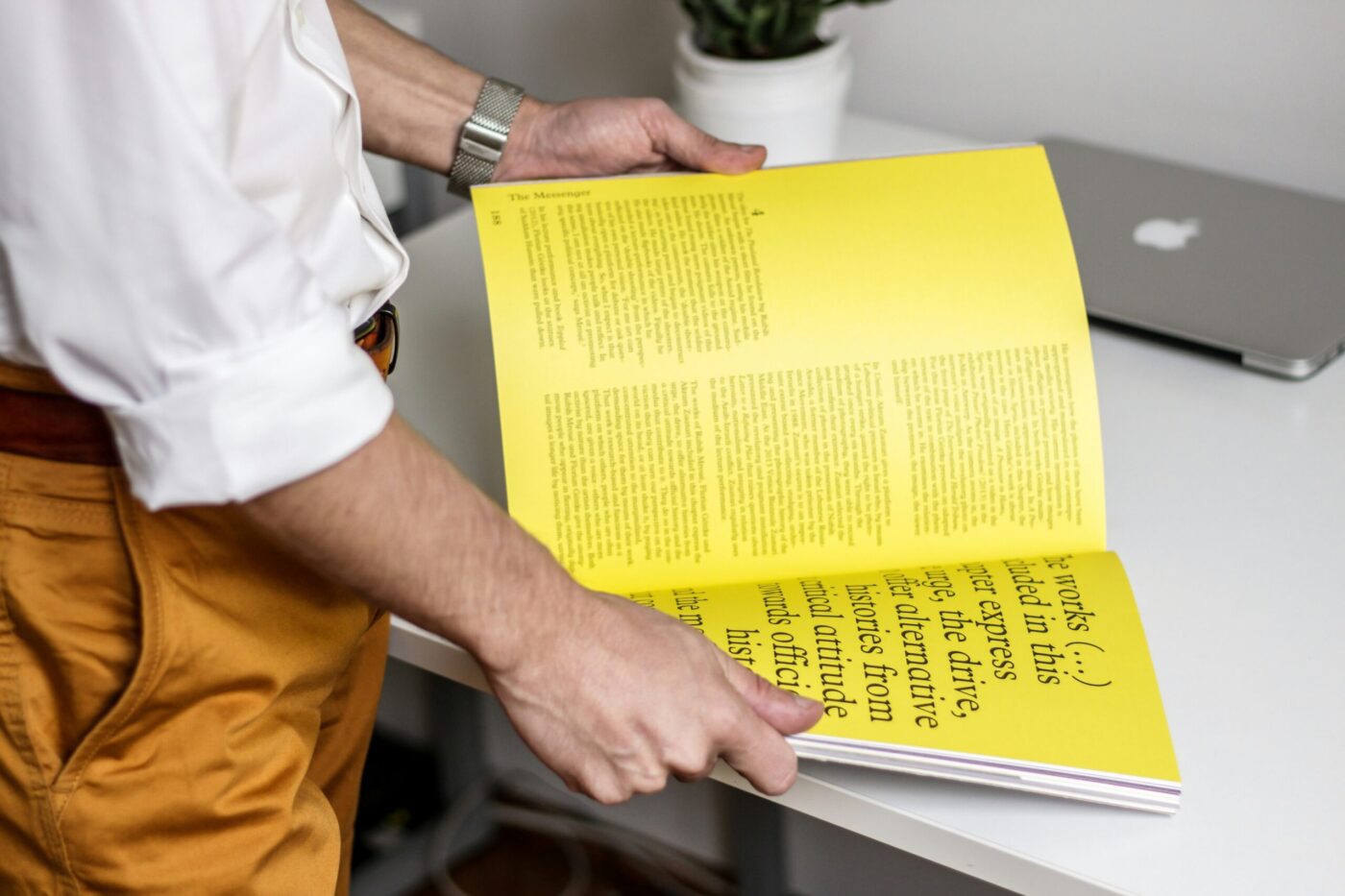Ranking Roxane Gay’s Books from Worst to Best: What We Loved, What We Didn’t, and What You Should Read First
By Girish Shukla
Copyright timesnownews

Roxane Gay has become one of the most influential cultural voices of the past decade. Whether writing fiction, essays, or memoir, she blends sharp critique with a deep sense of humanity. Her work confronts trauma, gender, race, and survival without losing sight of resilience and humour. Few contemporary writers command such range while remaining so deeply personal. But where should readers begin? Gay’s books vary in form and impact, and not all resonate equally. Here, we rank her seven major works from weakest to strongest, recognising that even her “lesser” books still carry immense power. Also Read: Ranking Abby Jimenez Books from Worst to Best: The Ultimate Guide for New Readers and Fierce Fans 7. Ayiti Gay’s debut collection of short stories and vignettes explores the Haitian diaspora, weaving tales of migration, identity, and belonging. The pieces vary in length and style, ranging from brief sketches to more developed narratives. While the unevenness makes it feel like an early experiment, the seeds of Gay’s later brilliance are visible. The themes she would return to—trauma, survival, and resilience emerge clearly here. ‘Ayiti’ is valuable as a starting point, offering glimpses of the voice that would later command wide attention. 6. Opinions: A Decade of Arguments, Criticism, and Minding Other People’s Business This collection brings together Gay’s sharpest essays and columns from a decade of cultural commentary. Covering topics from politics to pop culture, she demonstrates her gift for blending wit, honesty, and incisive critique. While some essays feel tied to their moment, the collection captures her evolution as a thinker and writer. It is not as groundbreaking as her earlier work, but it cements her reputation as a public intellectual unafraid to provoke, unsettle, and humanise debates. 5. Difficult Women This short story collection examines women navigating love, violence, and survival. The stories vary in tone and style, from realist portrayals to near surrealism. Some pieces strike with devastating clarity, while others feel unfinished, giving the book an uneven texture. Yet at its best, ‘Difficult Women’ captures the rawness of being female in a world that punishes vulnerability. It is not her most cohesive work, but it highlights Gay’s ability to turn the ordinary into something searingly revealing. 4. An Untamed State Gay’s debut novel tells the harrowing story of Mireille, a Haitian American woman kidnapped for ransom. The narrative explores violence, trauma, and survival in a way that is unflinching and, at times, almost unbearable. While the intensity may overwhelm some readers, the novel’s honesty about resilience and fractured identity makes it unforgettable. An Untamed State announces Gay’s ambition as a novelist, demonstrating both her capacity for storytelling and her unwillingness to soften brutal truths for the reader’s comfort. 3. Bad Feminist This landmark essay collection brought Roxane Gay to international prominence. With humour and candour, she interrogates feminism, pop culture, race, and privilege, refusing to present herself as flawless. Instead, she embraces contradiction, challenging the idea of the “perfect” feminist. While some essays feel more resonant than others, the collection’s overall impact is undeniable. It reshaped contemporary conversations about feminism by insisting that imperfection does not invalidate belief. ‘Bad Feminist’ is both accessible and radical, making it a cornerstone of Gay’s work. 2. Not That Bad: Dispatches from Rape Culture As editor, Gay curates a collection of essays that expose the pervasive reality of sexual violence. The contributors include writers of diverse backgrounds who share experiences of trauma, survival, and cultural complicity. The result is both devastating and necessary, a book that insists on listening to voices too often silenced. While not solely her writing, Gay’s editorial vision makes the anthology cohesive and urgent. It stands as one of her most important contributions, broadening the scope of her influence beyond her own voice. 1. Hunger: A Memoir of (My) Body At the pinnacle of her work is ‘Hunger’, an unflinching memoir about her body, trauma, and survival. Gay writes with vulnerability about fatness, violence, and desire, resisting simplistic redemption narratives. Instead of offering solutions, she lays bare the complexity of living in a body that the world constantly misjudges. Her honesty dismantles cultural myths about weight and worth. ‘Hunger’ is not just her most personal book but also her most powerful, transforming silence into testimony. It remains her defining masterpiece. Also Read: Ranking Banana Yoshimoto’s Books from Worst to Best: Which of Her Quietly Devastating Stories Stays With You Longest? Roxane Gay’s writing spans forms and genres, but what unites her books is an unshakable honesty. Even in her weaker works, she probes beneath the surface of culture and identity to expose what many prefer to ignore. Her strongest books – ‘Hunger’, ‘Not That Bad’, and ‘Bad Feminist’ have changed conversations around feminism, trauma, and the body, leaving an indelible mark on contemporary literature. If there is a giveaway here, it is this: Roxane Gay’s work teaches us that truth is messy, survival is art, and vulnerability can be the most radical act. Whether you start with ‘Hunger’ or circle back to her early stories in ‘Ayiti,’ each book is an invitation to read more bravely and live more honestly.



